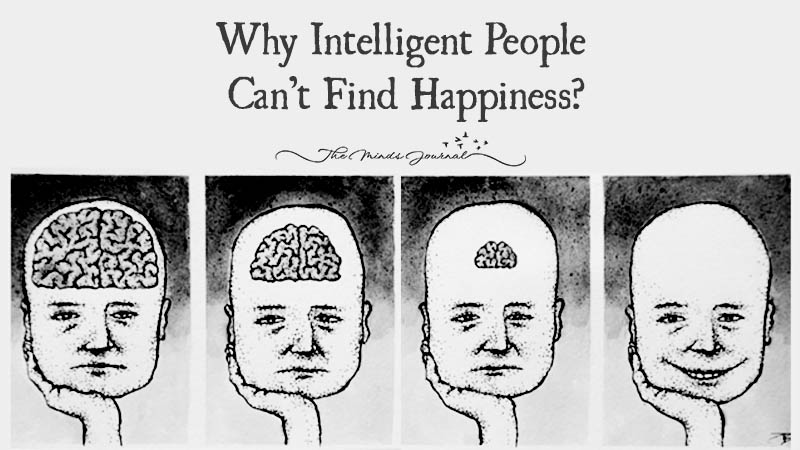We think we want to be happy. Yet many of us are actually working toward some other end, according to cognitive psychologist Daniel Kahneman, winner of the 2002 Nobel Prize in economics.
Kahneman contends that happiness and satisfaction are distinct. Happiness is a momentary experience that arises spontaneously and is fleeting. Meanwhile, satisfaction is a long-term feeling, built over time and based on achieving goals and building the kind of life you admire. On the Dec. 19 podcast “Conversations with Tyler,” hosted by economist Tyler Cowen, Kahneman explains that working toward one goal may undermine our ability to experience the other.
For example, in Kahneman’s research measuring everyday happiness—the experiences that leave people feeling good—he found that spending time with friends was highly effective. Yet those focused on long-term goals that yield satisfaction don’t necessarily prioritize socializing, as they’re busy with the bigger picture.
Such choices led Kahneman to conclude that we’re not as interested in happiness as we may claim. “Altogether, I don’t think that people maximize happiness in that sense…this doesn’t seem to be what people want to do. They actually want to maximize their satisfaction with themselves and with their lives. And that leads in completely different directions than the maximization of happiness,” he says.
In an October interview with Ha’aretz (paywall), Kahneman argues that satisfaction is based mostly on comparisons. “Life satisfaction is connected to a large degree to social yardsticks–achieving goals, meeting expectations.” He notes that money has a significant influence on life satisfaction, whereas happiness is affected by money only when funds are lacking. Poverty creates suffering, but above a certain level of income that satisfies our basic needs, wealth doesn’t increase happiness. “The graph is surprisingly flat,” the psychologist says.
In other words, if you aren’t hungry, and if clothing, shelter, and your other basics are covered, you’re capable of being at least as happy as the world’s wealthiest people. The fleeting feelings of happiness, though, don’t add up to life satisfaction. Looking back, a person who has had many happy moments may not feel pleased on the whole.
The key here is memory. Satisfaction is retrospective. Happiness occurs in real time. In Kahneman’s work, he found that people tell themselves a story about their lives, which may or may not add up to a pleasing tale. Yet, our day-to-day experiences yield positive feelings that may not advance that longer story, necessarily. Memory is enduring. Feelings pass. Many of our happiest moments aren’t preserved—they’re not all caught on camera but just happen. And then they’re gone.
Take going on vacation, for example. According to the psychologist, a person who knows they can go on a trip and have a good time but that their memories will be erased, and that they can’t take any photos, might choose not to go after all. The reason for this is that we do things in anticipation of creating satisfying memories to reflect on later. We’re somewhat less interested in actually having a good time.
This theory helps to explain our current social media-driven culture. To some extent, we care less about enjoying ourselves than presenting the appearance of an enviable existence. We’re preoccupied with quantifying friends and followers rather than spending time with people we like. And ultimately, this makes us miserable.
We feel happiness primarily in the company of others, Kahneman argues. However, the positive psychology movement that has arisen in part as a result of his work doesn’t emphasize spontaneity and relationships. Instead, it takes a longer view, considering what makes life meaningful, which is a concept that Kahneman claims eludes him.
Kahneman counts himself lucky and “fairly happy.” He says he’s led “an interesting life” because he’s spent much of his time working with people whose company he enjoyed. But he notes that there have been periods when he worked alone on writing that were “terrible,” when he felt “miserable.” He also says he doesn’t consider his existence meaningful, despite his notable academic accomplishments.
Indeed, although his contributions legitimized the emotion as an economic and social force and led to the creation of happiness indices worldwide, the psychologist abandoned the field of happiness research about five years ago. He’s now researching and writing about the concept of “noise,” or random data that interferes with wise decision-making.
Still, it’s worth asking if we want to be happy, to experience positive feelings, or simply wish to construct narratives that seems worth telling ourselves and others, but doesn’t necessarily yield pleasure. Meet a friend and talk it over with them—you might have a good time.












